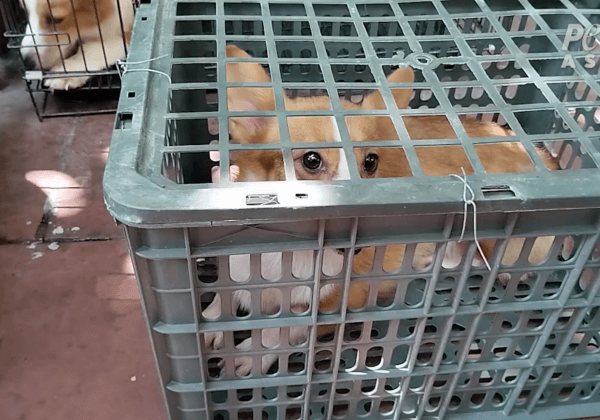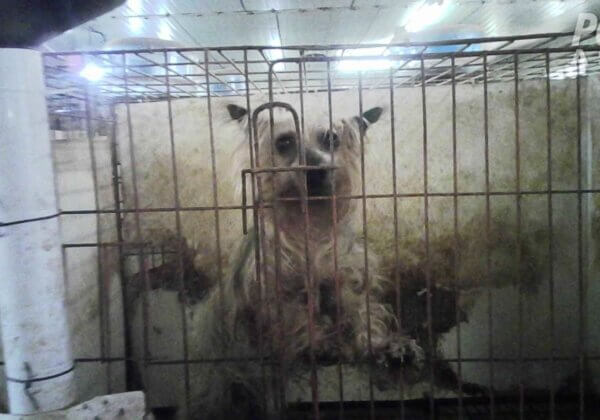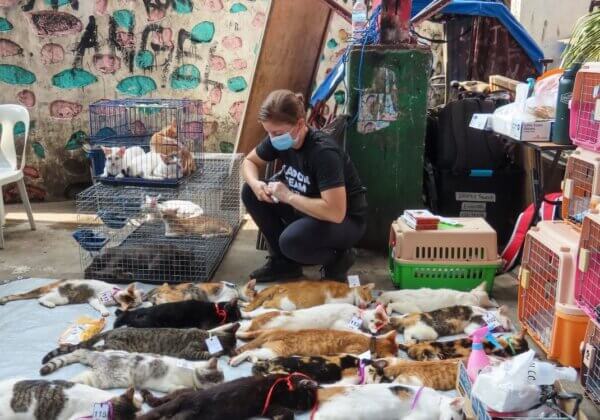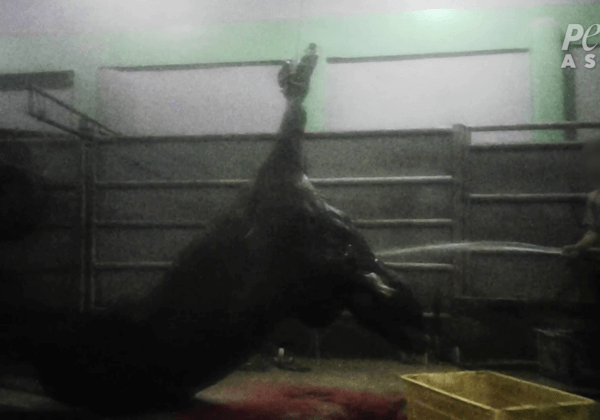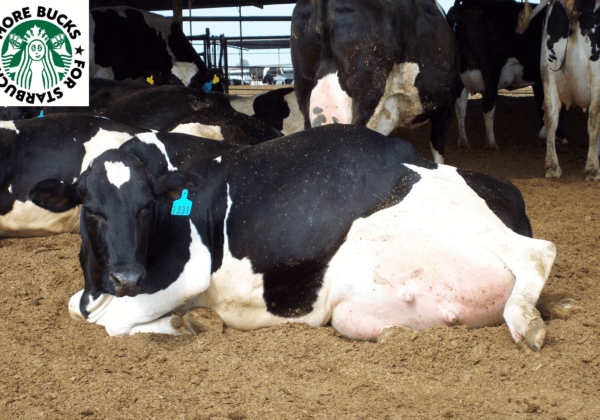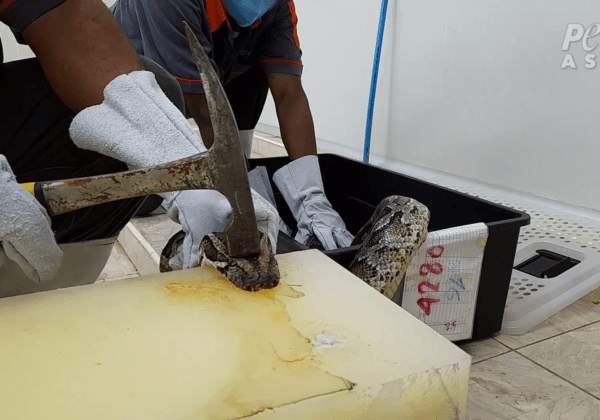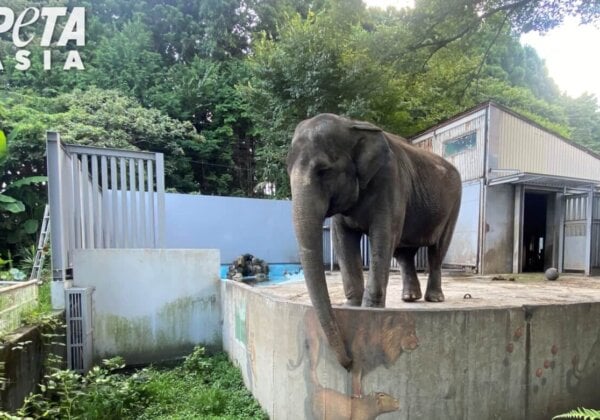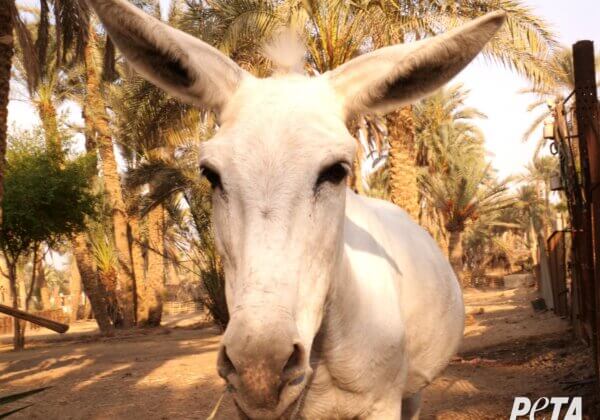Make Plans Now to Protect Animals in Future Emergencies
 There are effective ways to prepare for disasters. Most importantly, make arrangements ahead of time to ensure animals’ safety in the event of evacuation. Whether the emergency is a flood, a fire, or a human-made disaster, evacuees should never assume that they will be able to return home soon, despite any assurances to the contrary.
There are effective ways to prepare for disasters. Most importantly, make arrangements ahead of time to ensure animals’ safety in the event of evacuation. Whether the emergency is a flood, a fire, or a human-made disaster, evacuees should never assume that they will be able to return home soon, despite any assurances to the contrary.
Take a moment now to make the following preparations so that you’ll be ready for the worst. Even if this information seems obvious to you, please take the time to share it with friends and family—an animal’s life could depend on it.
Disaster Preparedness Checklist
If at all possible, do not leave animals behind during natural disasters. There is no way of knowing what may happen to your home while you are away, and you may not be able to return for days or even weeks. Companion animals who are left behind may become malnourished and dehydrated or escape in fear and get lost. To keep animals safe during natural disasters, follow these simple tips:
- All animals should have collars with ID tags. Make sure that you have a current photo of your animal companion for identification purposes.
- Hotels often lift “no pets” policies during emergencies, but just in case, keep a list of hotels that accept companion animals. Include the phone number for the local animal welfare society in your list of emergency numbers—it might be able to provide information during a disaster.
- Keep a carrier, a leash, extra animal food, and any other supplies that you’ll need packed so you can grab them easily if you have to evacuate in a hurry.
In case you must leave your companion animal behind, the following are some tips:
- Do not tie animals outside, leave them caged, or keep them in a vehicle unattended. Leave them in a secure area inside your home.
- Leave out at least 10 days’ supply of water. Fill every sink and bowl, pan, and plastic container with water, and then set them on the floor. Do not leave just one container—it may spill. If your toilet bowl is free of chemical disinfectants, leave the toilet seat up to provide animals with one more source of water, but it shouldn’t be the only source.
- Leave out at least 10 days’ supply of dry food. Canned food will quickly go bad.
- If you can’t get to your home, contact a reliable neighbor or friend to check on your animals and get them out, if possible. Provide specific instructions for care.
Far too often during natural disasters, people could have taken their animals with them, but they thought that they’d only be gone for a few hours. Hours can turn into days or even weeks, and many animals suffer and die as a result. Good intentions aren’t good enough—always take your animals with you.
Share This Important Information With Friends
Please take just a few seconds to send this lifesaving information to friends or family. While the easiest way for you to help animals in a disaster is never to leave them behind—and ensure that your friends and family know to do the same—you can support all our work for animals by making an urgent donation today.

